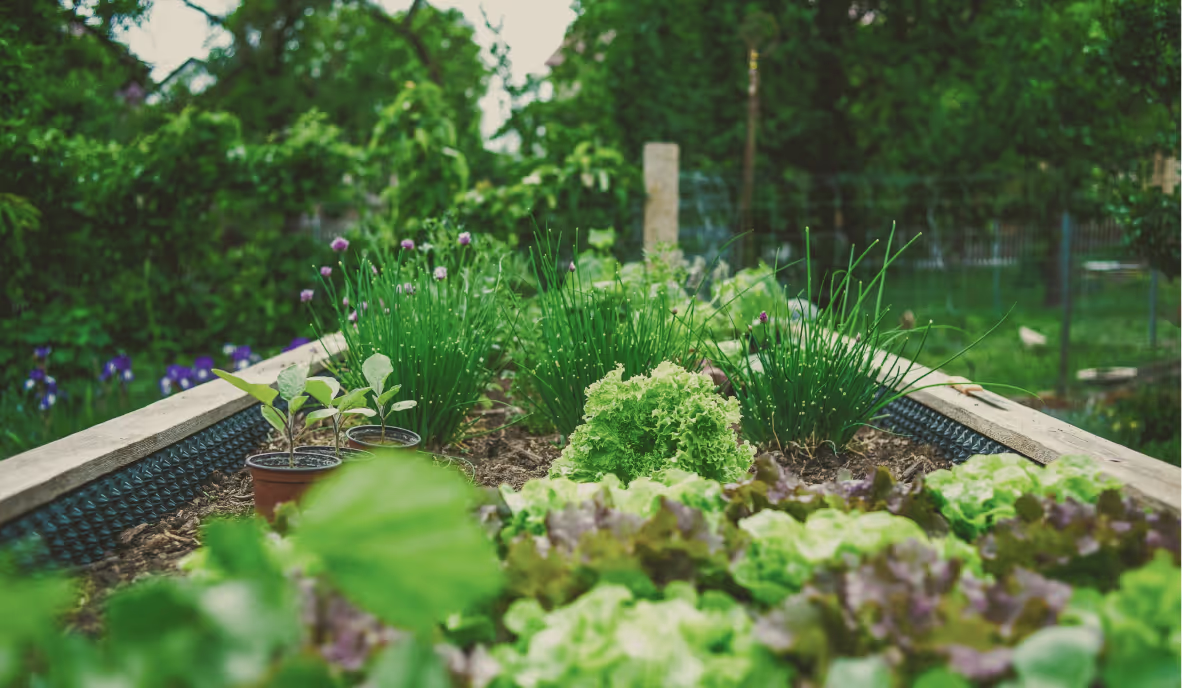Why Is Peat Soil Bad for the Planet?

Join the community





In 2022, the UK government announced a ban on the sale of bagged peat compost in England by the end of 2024.
They should have banned using irreplaceable peatlands for gardening long ago, but it was a step in the right direction. Then, in a twist, the government pushed the ban on all peat-based gardening products to 2030.
And that's not good news for our planet's health.
{{cta-join2}}
What is peat?
Peat is a sponge-like material that is free from pests and diseases. It can hold both water and air, creating an ideal environment for seeds to germinate and establish strong roots. Peat also helps to lower the pH of soil, increase aeration, and retain moisture in soils.
Due to these benefits, soil companies have been extracting peat from peatlands for years, packaging it, and distributing it to gardeners worldwide.
But peat takes thousands of years to form. It's a decomposed organic matter that is derived from plant material that has accumulated under conditions of water logging, oxygen deficiency, high acidity, and nutrient deficiency. It takes about taking 7,000 to 10,000 years to form about 30 feet of peat.
Peat is mostly found in peatlands, one of the unsung heroes of our planet. Despite covering only 3% of the Earth's surface, they capture around 550 gigatons of carbon globally, which is roughly twice the amount of carbon stored in all the world's forests combined, making them vital to the fight against climate change.
Peatlands also keep fires at bay, harbor a wealth of biodiversity, and even help control floods.
So every time soil companies dig up peatlands to extract peat, they are not just removing some dirt. They are tearing apart these ancient carbon vaults that took millennia to form.
In the UK, peatlands are the largest carbon sink. The Wildlife Trusts revealed in 2022 that peat extraction in the last few decades has caused up to 31 million tonnes of CO₂ emissions since 1990.
To put that into perspective, imagine 15 million return flights from London to New York or the annual emissions of over seven million cars. That's the kind of impact we're talking about.
So, when the UK government first decided to ban peat in 2022, it was a big deal. But now, with the ban pushed back, it feels like we've just hit the snooze button on saving these carbon sinks.
Peat-free soil
While we can't control government policies directly, we can make a difference as individuals. If you maintain a garden, consider using the following peat-free composts that are as effective as peat:
Compost
Compost, a nutrient-rich amendment made from decomposed organic waste, enhances soil health by improving structure, boosting moisture retention, and providing beneficial microbes, helping you maintain peat-free soil.
Wood-based materials
Woody materials have been used in commercial potting mixes for decades to improve water retention and add organic matter, making them suitable for acid-loving plants.
Pine needles
Pine needles, easily accessible to homeowners with evergreens, serve as a peat-free compost without significantly affecting soil pH or nutrient levels.
Leaf mold
Leaf mold, an effective peat-free compost, enhances soil by decomposing in a low-maintenance, self-contained pile that increases the soil's water retention capacity and can be locally sourced at no cost.
Coconut coir
Coconut coir, a byproduct of coconut husk fibers has excellent water retention, an ideal pH level for most plants, and natural antifungal properties.







.jpg)
.png)



